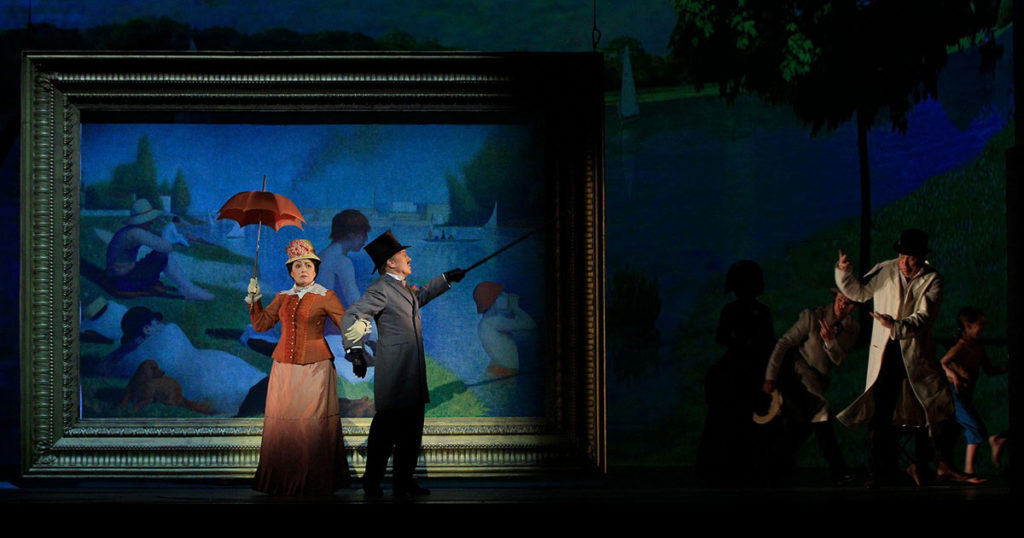
I love knowing that two days before his death on Friday, November 26, Stephen Sondheim—91 years old and practically the definition of someone at high risk during the ongoing pandemic—attended not one but two Broadway shows. Nothing except a lockdown could keep Sondheim away from the theater, and his appetite for theatrical innovation remained as robust as it was when he created the six groundbreaking musicals that I wrote about for the Scholar almost 15 years ago (“Good Thing Going,” Autumn 2007).
The documentary-based dramas he saw that Wednesday, Dana H. and This Is a Room, are akin to Sondheim’s work only in their ambition, but Broadway’s reopening also includes shows that make palpable the freedom he seized and bequeathed to his successors in the musical theater: Lin-Manuel Miranda’s hip-hop inflected Hamilton, of course; Hadestown, Anaïs Mitchell’s reimagining of the Orpheus myth with empowered female characters and an ominous background of climate change and capitalism run amok; a seething revival of Caroline, Or, Change, with Tony Kushner’s book and Jeanine Tesori’s score probing the wounds of racism. These 21st-century works were all initially developed in nonprofit theaters, following the path blazed by Sondheim with Sunday in the Park with George. When he began his revolutionary partnership with director Harold Prince with Company (now back on Broadway in a gender-swapped revival from London), they believed that Broadway could accommodate their aspirations “to explore darker emotions and grittier ideas,” as I wrote in 2007. Nowadays, ambitious musical theater artists know that the commercial theater has no use for innovation until it has been tested in less financially daunting circumstances. Sondheim showed them the way forward, and the American musical is richer, deeper, and more adult thanks to him.

